Fort Point and HenHouse Merge To Form Bay Area Tag Team
Just in time for this weekend’s Wrestlemania, craft beer’s tag team division is heating up. Today it was announced that San Francisco’s Fort Point Beer Company will be merging with Sonoma County’s HenHouse Brewing to form a new model for independent craft brewers in the Bay Area. The entity being formed is called Fort Point HenHouse Inc. and expects to produce approximately 40,000 barrels of beer and cider in 2025, making it the 5th largest in Northern California.
This news follows two significant announcements from indy craft brewers in Colorado just a few weeks prior, where Great Divide Brewing joined the Wilding Brands platform, and Dry Dock Brewing merged with Left Hand Brewing to form Indian Peaks Brewing Company. While these stories may not be the best indication for craft beer’s current state, they’re designed to protect and ensure its future state, and each provides reasons for optimism.
I am historically skeptical of the term “merger” being used as window dressing for what is truly an acquisition, in hopes of appearing like the Mega Powers forming. While the new parent company name Fort Point HenHouse Inc. might not make the best craft beer t-shirt, their leadership has assured me that the co-founders of both companies are not only remaining on in key leadership roles, but they’re also maintaining their ownership in the shared entity.


“For more than a decade, Fort Point and HenHouse have outperformed craft beer trends—even in the face of industry headwinds. The merger enables us to truly future-proof our business while doubling down on our values,” said Fort Point HenHouse CEO Justin Catalana. “Often craft breweries turn to national expansion or corporate acquisition to achieve long-term viability, but Fort Point and HenHouse have never been ones to follow existing playbooks. Through collaboration, we’re able to double our production and sales volume overnight, all while staying independent and maintaining a local focus.”
According to the release, the breweries’ five co-founders, who defined each brand’s DNA, will continue in leadership roles at Fort Point HenHouse–bringing with them more than five decades of experience in production, innovation, sales, brand, and business operations. The Fort Point co-founders, Justin Catalana, Dina Dobkin, and Mike Schnebeck will maintain their respective roles as Chief Executive Officer, Chief Brand Officer, and Chief Financial Officer. HenHouse co-founders Collin McDonnell and Shane Goepel will assume leadership roles as Chief Sales Officer and Chief Production Officer of Fort Point HenHouse.
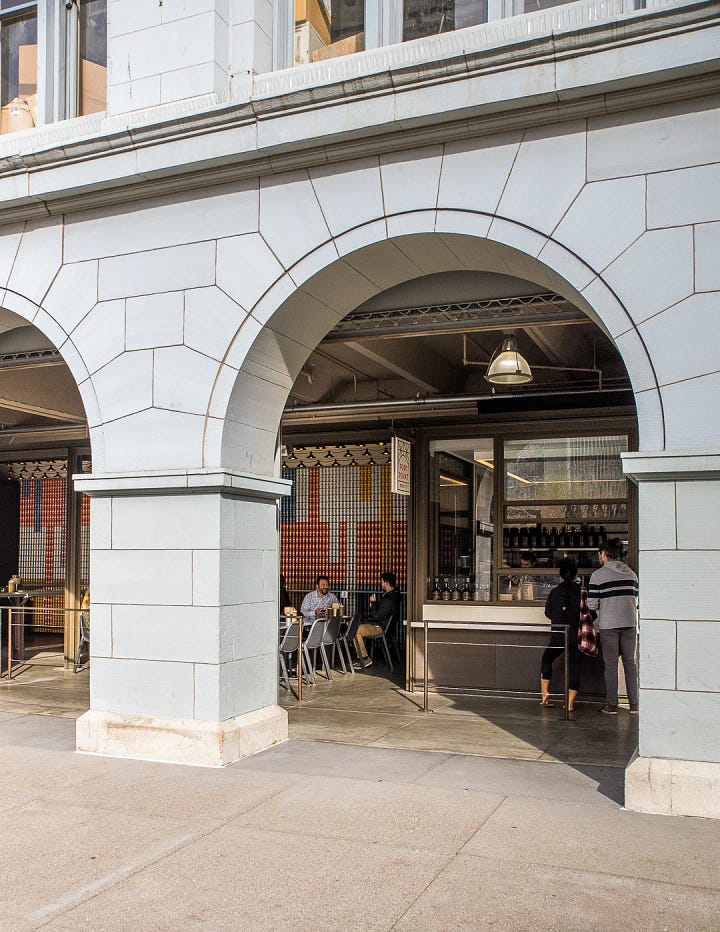
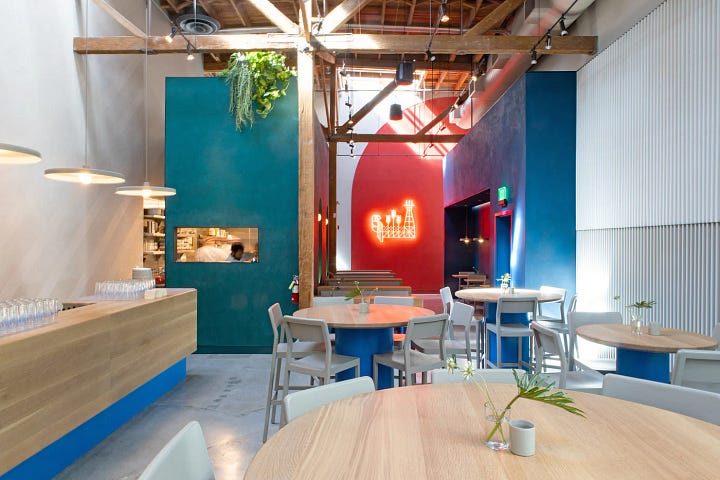
Having spent more time in the Bay Area than most outsiders, I’ve gotten familiar with both of these breweries and the puzzle pieces fit together remarkably well. Until just recently, Fort Point Beer Co. brews were always produced at their original Presidio HQ. Today, they operate two taprooms in San Francisco having just moved production out of the Presidio, where permitting has, so far, prevented their ability to operate a true taproom.
Fort Point’s core brewing is now handled out of HenHouse’s Santa Rosa production facility, where both teams will converge to brew the majority of their styles and R&D batches, still leaning on contract partners like Gordon Biersch to brew their most scaled styles. Given the high costs and logistical challenges of brewing inside San Francisco, the transition sets out to alleviate some pressure by providing cost savings through economies of scale, sharing resources, and combining teams to fill natural skill gaps.
While both breweries attribute a lot of their success to building their business through self distribution, COVID forced both Fort Point and HenHouse to divest from that model and begin working through the three tier system. The integration of both brands avoids additional complexity thanks to the fact that they already share most of the same wholesalers, with pretty complete overlap in the Bay Area where they sell 90% of their beer & cider.
“We’re teaming up to deepen our presence in our home market, the Bay Area. We’re not embarking on territory expansion, which is one of the many things that makes this merger unique” said Collin McDonnell, Chief Sales Officer of Fort Point HenHouse. “With Fort Point based in SF, HenHouse in Sonoma County, highly differentiated flagship beers, and diverse product portfolios, there’s a clear path to local growth. Our brands complement each other–they’re not competitive.”
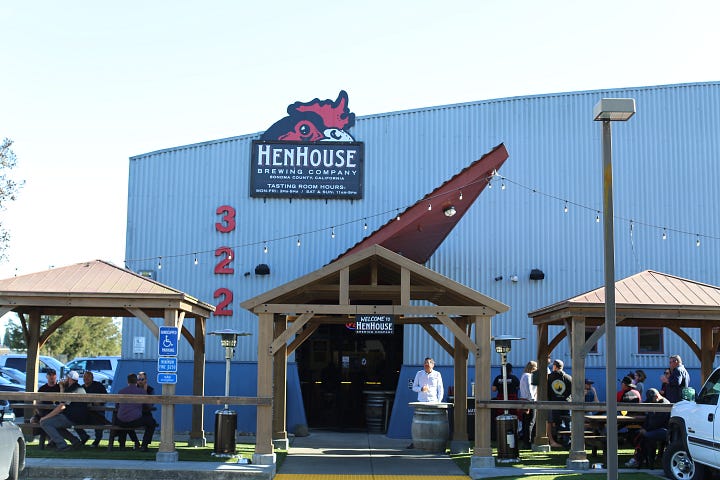
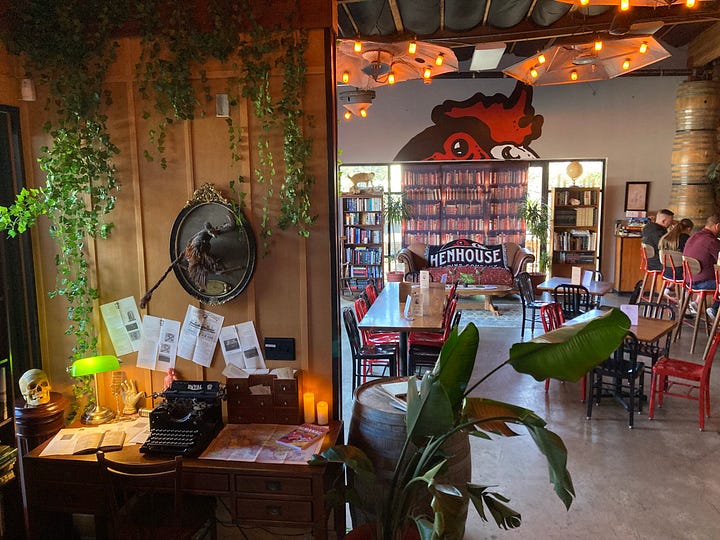
I’ve never been able to post about Kölsch on social media without a number of Bay Area natives entering the comments to ask if I’ve tried Fort Point’s KSA. It’s their bestseller, something you don’t hear too often with that style, and an achievement that the Fort Point team admitted was not expected 11 years ago when KSA was first introduced into a lineup that prides itself on hitting “that elusive sweet spot between ‘interesting’ and ‘easy to love.’ ”
While HenHouse regularly covers a wide variety of styles, IPAs are where the majority of their volume comes, always differentiating itself with their high level of focus put on freshness. Through abnormally short code dates in the past, call-outs to customers on the packaging to “check the date”, an annual festival built around showcasing craft beer at its freshest, and a commitment to talking about the importance relentlessly on social media, HenHouse has put a lot of muscle behind their core value.
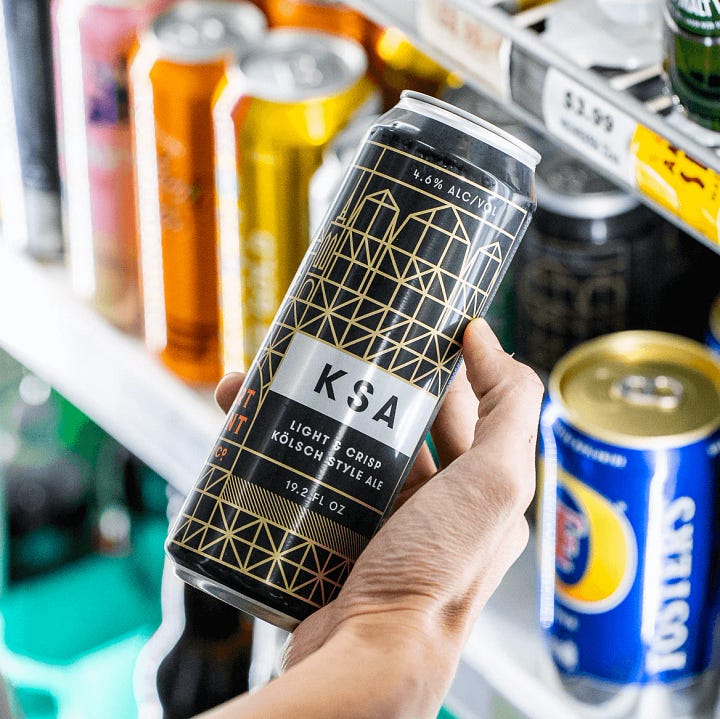
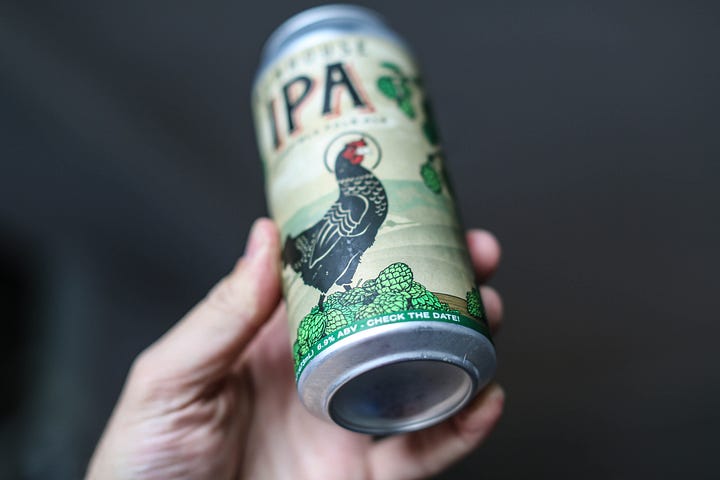
These differentiated focuses allow the joint portfolio to avoid competing directly with each other, while providing each with its own points of differentiation, making the lines less blurry when sharing a sales force. Speaking of which, the newly formed company is proudly retaining the staff of both teams, who are now combining forces and operating as one team..
With their production, quality, and innovation teams working together at their joint breweries, HenHouse’s production facility in Santa Rosa and an R&D brewery in Petaluma, their unified leadership shared their confidence that the brands’ uncompromising standards for flavor, consistency, and freshness will be higher than ever.
If this integration goes as planned, Fort Point HenHouse Inc. could serve as an example for how independent breweries navigate a shifting industry landscape—scaling strategically without sacrificing their identity. With complementary strengths, a unified team that includes founders, and a shared commitment to quality and local focus, the two breweries appear positioned not just to weather craft beer’s current challenges, but to help define its next chapter in Northern California. Like the best tag teams in wrestling history, their success may ultimately hinge on chemistry, trust, and a willingness to put the team above any individual.



